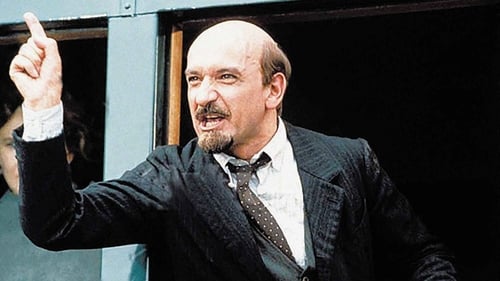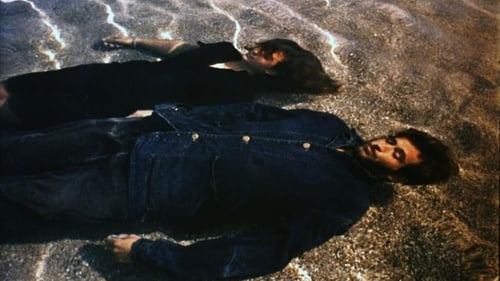
Renthe-Flinck
During second world war,Philippe Pétain gets absolute powers.The war ends with the arrival of allied forces by Petainism has not been put on trial.

March/April 1917. The first world war is already a couple year to pace. A sealed train with Russian emigrants keeps on driving from Zürich Germany and Sweden to Sint-Petersburg. The outlaws stand under the guidance of Vladimir J. Lenin. Two senior officers support the revolutionary bomb "to ensure that everything runs smoothly. Yet there are some unpleasant clashes between Socialists and enthusiastic workers who are worried about the war. During train travel there comes an end to Lenin's affair with the gracious Inessa, and his wife Nadja is prepared take back him. The triumphant entrance in St. Petersburg will exceed all expectations....

Martin
The film presents the political events surrounding the Anschluss in March of 1938 through the lives of Carola Hell, a popular young actress at the prestigious Theater in der Josefstadt, and Martin Hofmann, the Jewish journalist she plans to marry. When we encounter the couple in the lovely springtime weather their future is full of promise. They are determined to stay clear of politics. Yet in the climate of the time, nobody of her prominence or his religion can remain apolitical. Although Martin's journalist friend, Drechsler, calls to inform them that the Nazis plan to take over Austria soon, they concentrate on their work and their private happiness and dismiss the warnings.

Writer
In Bissau, the carnival, in its early days, was the cultural expression of the Portuguese settlers. Since the independence in 1974, it's a celebration for all the people.

In Bissau, the carnival, in its early days, was the cultural expression of the Portuguese settlers. Since the independence in 1974, it's a celebration for all the people.

Director
In Bissau, the carnival, in its early days, was the cultural expression of the Portuguese settlers. Since the independence in 1974, it's a celebration for all the people.

Louis Eugene Varlin

Cinematography
This documentary is about the struggle for independence in the African land of Guinea-Bissau.

Editor
This documentary is about the struggle for independence in the African land of Guinea-Bissau.

Producer
This documentary is about the struggle for independence in the African land of Guinea-Bissau.

Director
This documentary is about the struggle for independence in the African land of Guinea-Bissau.

A tragic spin on the futility of revolution, in cinema and elsewhere.

A cinematographic poem in the form of variations around the theme of Robinson, a utopian fable freely inspired by Daniel Defoe's novel, which speaks above all of solitude: the immense weakness of today's man in the face of loneliness is no longer that of the hero of the eighteenth century.

A radical film that is at once a scathing questioning of cinema, a fierce attack against ideological sclerosis, an obvious model of total science fiction.










